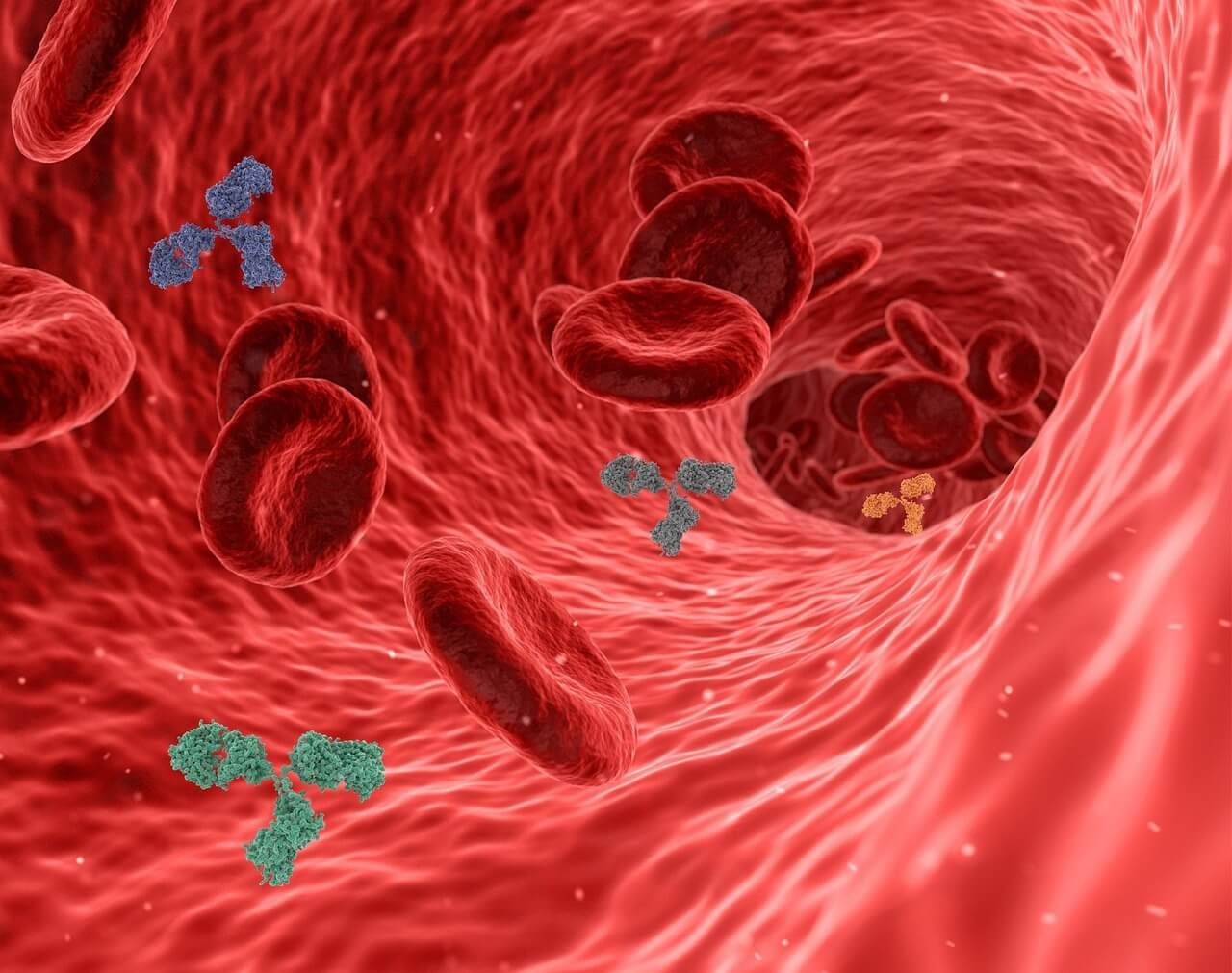
Edinburgh, Scotland-based start-up Trogenix has raised £70 million ($95 million) for a pipeline of therapies for hard-to-treat aggressive cancer, starting with glioblastoma.
The University of Edinburgh spinout, set up in early 2024 by investment group 4BIO Capital, has the bold ambition of transforming cancer therapy from chronic disease management to potentially curative one-time treatments.
Its drug discovery platform – called Odysseus – is designed to generate so-called synthetic super-enhancers (SSEs), engineered DNA elements that act as ‘docking stations’ for transcription factors uniquely expressed in aggressive cancer cells.
The viral immunotherapies deliver two therapeutic payloads, an enzyme converting an oral prodrug into a cytotoxic agent, and a vector coding for IL-12 designed to stimulate an immune response against the tumour. The adeno-associated virus (AAV) used to deliver the therapy contributes a third therapeutic mechanism by stimulating long-term immune memory to prevent tumour regrowth, according to the company.
Trogenix’s lead programme is in glioblastoma (GBM), which is one of the most aggressive and treatment-resistant brain cancers, with only 25% of newly diagnosed patients living beyond a year. It is in preparation for clinical trials with first patient dosing anticipated in the first quarter of next year, while a second programme is in development for colorectal cancer that has spread to the liver.
Chief executive Dr Ken Macnamara, who co-founded the company with chief scientific officer Prof Steve Pollard, a stem cell and cancer biology specialist at Edinburgh, said the Series A financing is a “significant investment” that would help the company advance the lead programmes into the clinic and further enhance the Odysseus platform.
The financing was led by IQ Capital with participation from 4BIO Capital, returning investors Cancer Research Horizons, the Brain Tumour Investment Fund, and new investors Eli Lilly, Meltwind, LongeVC, and Calculus Capital, as well as undisclosed private investors.
“Our outsized investment in Trogenix in today’s selective funding landscape reflects our confidence in the company’s world-leading science, exceptional management team, and a clear roadmap for delivery both in the clinic and commercially,” commented IQ Capital’s co-founder and managing partner, Max Bautin.
The sizeable round comes as the UK biotech sector continues to show resilience in attracting venture capital investment, with BioIndustry Association (BIA) figures showing that £1.23 billion was raised in the first half of the year, putting 2025 on course to “match or surpass 2024’s total.”
That came against a backdrop of a more conservative biotech financing environment around the world, with US biotech funding declining 24% quarter-on-quarter to £3.96 billion, and European funding falling 40% to £1.23 billion between April and the end of June.









